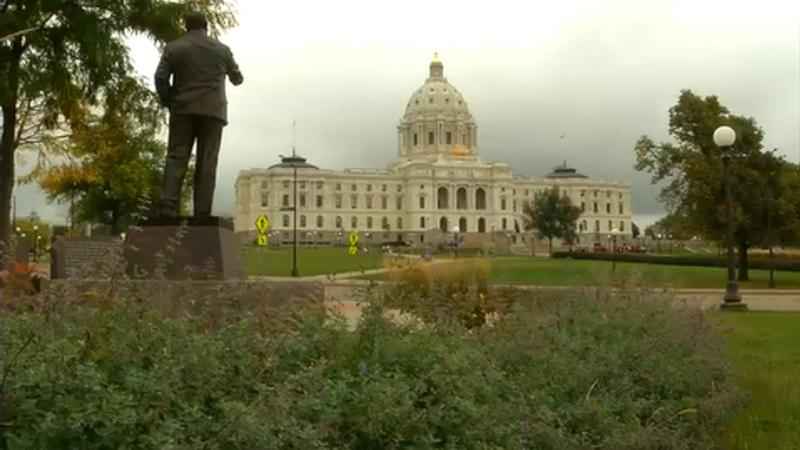State of Minnesota considering ways to cover unemployment fund debt
[anvplayer video=”5062288″ station=”998122″]
In December, the State of Minnesota will release the latest projections on the state budget forecast that should show a rosy financial picture with a possible surplus of over $2 billion. The state also has more than $1 billion in unspent federal pandemic relief. But amidst all that rosy budget news is one thorn: A $1.13 billion debt the state owes the federal government to cover deficits in the state’s unemployment trust fund.
"We made sure we expanded our (unemployment insurance), we made sure we got money in their pockets, to make sure the economy kept going, that people were able to be stable," Minnesota Management and Budget Commissioner Jim Schowalter said.
So many Minnesotans needed unemployment payments that the state ran a deficit that was covered by the federal government.
"That’s obviously a big dollar amount," said Schowalter, who will work with Gov. Tim Walz and legislature to figure out how to repay the federal government. "A big opportunity to see what happens with Congress. We know we’re going to have to do something there, but I think there’s a lot of options on the table."
The state is hoping Congress will forgive some or all of the debt owed by Minnesota and several other states.

[KSTP]
"That would be absolutely the best-case scenario," Schowalter said. "In part, because we did exactly what the federal government wanted us to do, which was help people who were losing their jobs, who were losing their income, when they needed help the most."
Walz is hoping Congress will act, but is also prepared to listen to other solutions.
"There’s about a dozen states, I believe, that ran a deficit on the unemployment trust fund," Walz said. "There’s a fix on that. It will be a long-term fix, could be. I think Congress may act on it but we’re prepared to in the state. I think there are some suggestions come up to make that work."
Possible solutions if Congress doesn’t forgive the debt include using unspent federal pandemic funds to cover the deficit, use some of the state’s budget surplus or pay the debt off over several years. Another option opposed by Minnesota businesses would be an increase in the state’s unemployment insurance tax that companies pay into the trust fund.
"If employers have to spend more money reducing the deficit in the unemployment fund that the state owes to the federal government, that’s less money available to hire workers or raise worker pay and that’s bad for the Minnesota economy," Carleton College political analyst Steven Schier said.
State officials say it will likely be a few months before they have a better idea of solutions. The legislature tried to address the issue in the last regular session and a special session. They’ll try again in the session that starts in late January.